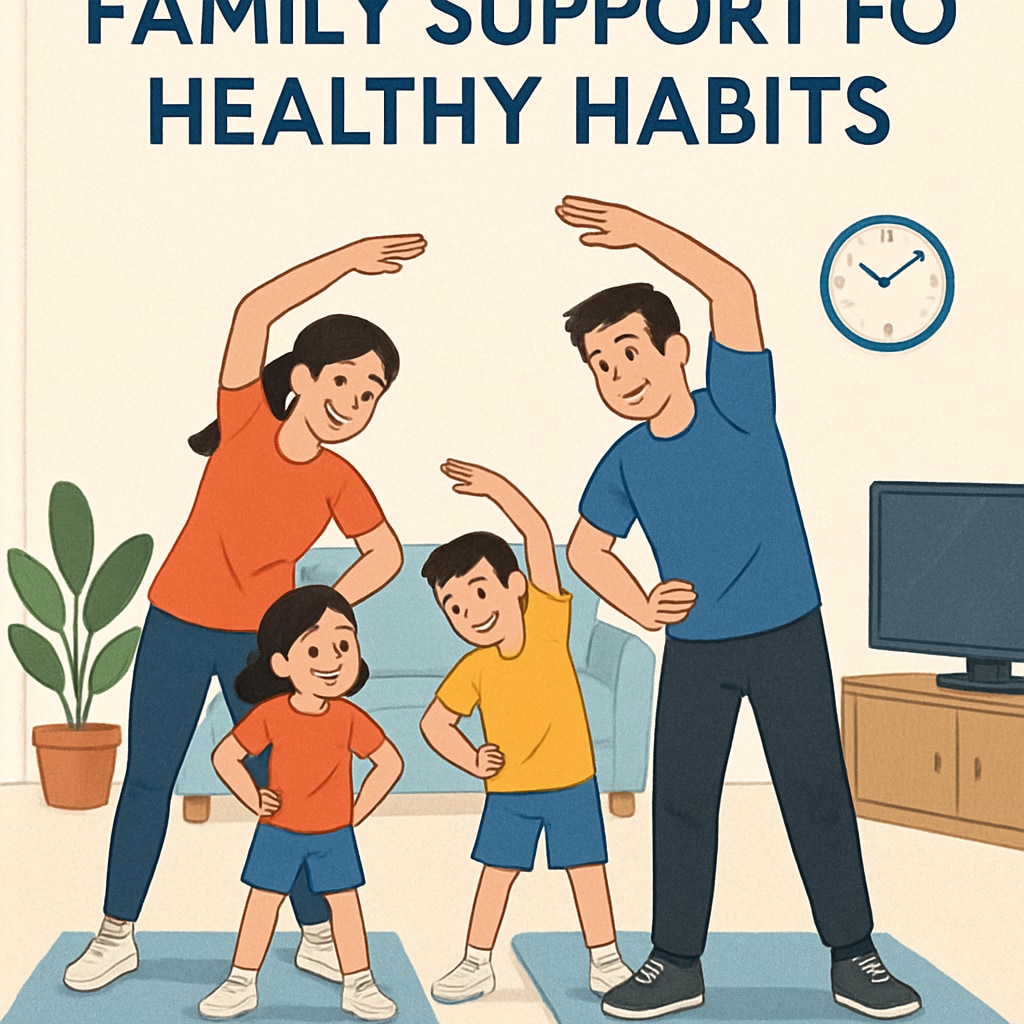Teenagers facing academic difficulties and unhealthy lifestyles often struggle to regain their footing. These challenges can stem from a variety of factors, including lack of motivation, poor habits, or emotional distress. Addressing such issues requires a multi-faceted approach that combines interest-driven learning, family education adjustments, and comprehensive support systems. By focusing on these areas, families can pave the way for their teens to rediscover their potential and develop healthier routines.
Understanding the Root Causes of Teen Struggles
Before diving into solutions, it’s crucial to understand the root causes of academic difficulties and unhealthy lifestyles in teenagers. Common factors include stress from school, peer pressure, and lack of self-confidence. Emotional challenges such as anxiety or depression can also play a significant role. Additionally, unhealthy habits like poor sleep schedules, excessive screen time, and lack of physical activity can exacerbate these issues.
To effectively support teens, parents and educators must identify these underlying causes. Open communication is key—creating a safe space where teens feel comfortable sharing their concerns can lead to better insights and tailored solutions.

Building Motivation Through Interest-Driven Learning
One effective way to combat academic challenges is by fostering interest-driven learning. When teens are engaged in topics they genuinely enjoy, their motivation and focus naturally increase. For example, a teen passionate about technology might thrive in coding classes or robotics clubs, while a budding artist could find inspiration in creative workshops.
- Identify your teen’s interests by observing their hobbies and passions.
- Encourage participation in extracurricular activities related to their interests.
- Integrate their favorite subjects into academic goals to make learning feel less like a chore.
In addition, structured support from educators, such as personalized learning plans, can help teens align their academic goals with their interests, promoting long-term engagement.
The Role of Family Support and Healthy Habits
Family education plays a pivotal role in helping teens develop healthier lifestyles. Parents can start by modeling positive behaviors, such as maintaining a balanced diet, prioritizing sleep, and limiting screen time. Setting clear boundaries and expectations is equally important, as it provides teens with structure and accountability.
Practical steps for families include:
- Creating a consistent daily routine that incorporates study time, physical activity, and relaxation.
- Encouraging family meals to foster communication and strengthen relationships.
- Promoting mental wellness through mindfulness practices or counseling sessions when needed.
By fostering a supportive home environment, parents can help their teens feel more secure and capable, which is essential for overcoming academic and emotional challenges.

Building a Comprehensive Support System
While family efforts are critical, external support systems can provide additional assistance. Schools, counselors, and community programs often offer valuable resources for struggling teens. For example, mentoring programs can pair teens with role models who inspire and guide them. Counseling services can address emotional struggles such as anxiety or self-doubt, while community sports or arts programs encourage physical and creative development.
Parents should also collaborate with educators to ensure their teens receive tailored academic support. Regular communication with teachers can help track progress and adjust learning strategies as needed. External resources such as teen mental health programs on Wikipedia or education resources on Britannica can provide further insights into effective approaches.
Conclusion: Restoring Hope and Confidence
Helping teens overcome academic difficulties and unhealthy lifestyles is a journey that requires patience, understanding, and collaboration. By focusing on interest-driven learning, fostering healthy family habits, and leveraging external support systems, parents can empower their teens to regain motivation and develop resilience. Ultimately, these efforts can help struggling youth rediscover their potential and lead fulfilling, balanced lives.
Readability guidance: Use concise paragraphs, bulleted lists, and clear headings to make the content accessible. Ensure a conversational tone with frequent transitional phrases like “for example” and “in addition.”


